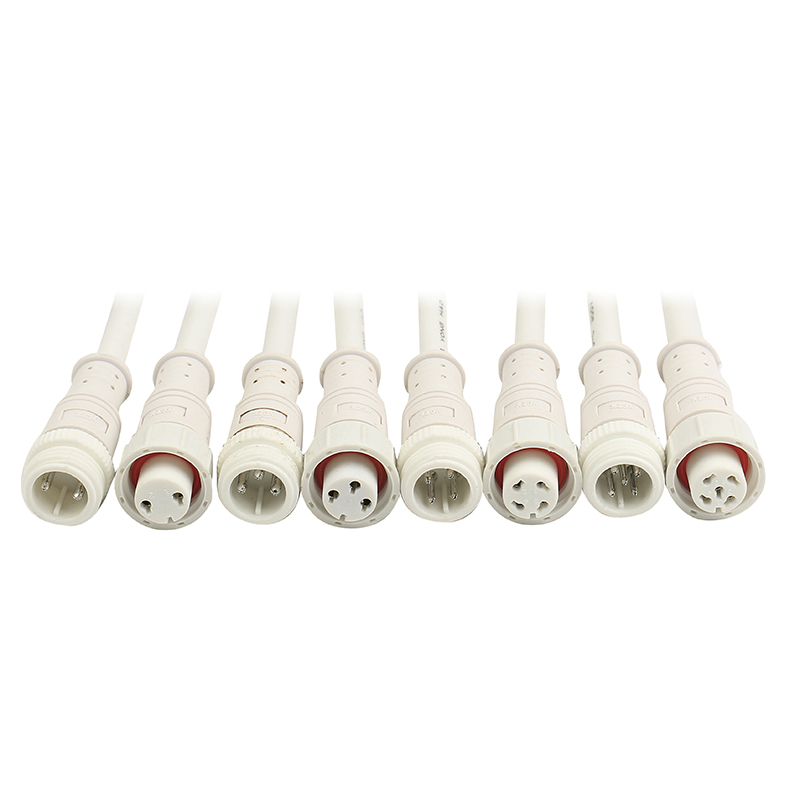News


News

Common Misconceptions in Installing and Maintaining Rubber Waterproof Connectors
Release time:2025-06-05
viewed:432
Rubber waterproof connector are critical components in electrical and mechanical systems exposed to moisture, dust, or harsh environments. Despite their widespread use, improper handling during installation and maintenance often leads to premature failure. This article highlights frequent errors and provides actionable solutions to maximize the lifespan of rubber waterproof connectors.

1. Overlooking Pre-Installation Inspection
Many assume Rubber waterproof connector are ready to use straight out of the package. However, failing to check for micro-cracks, deformities, or debris in sealing grooves can compromise waterproofing. Always inspect the connector’s rubber gaskets and housing before installation.
2. Incorrect Tightening Practices
A common myth is that tighter fastening enhances sealing. Over-torquing can deform the rubber waterproof connector’s gasket, while under-tightening leaves gaps. Follow manufacturer-recommended torque values to balance compression and material integrity.
3. Ignoring Environmental Compatibility
Not all rubber waterproof connectors resist chemicals or UV radiation equally. Using a connector rated for freshwater in an oil-rich environment accelerates degradation. Match the connector’s material (e.g., EPDM, silicone) to the operating conditions.
4. Neglecting Strain Relief
Cable movement near the rubber waterproof connector can stress seals over time. Avoid "pendant installations" without clamps or conduits. Proper strain relief distributes mechanical load, preventing seal fatigue.
5. Skipping Periodic Maintenance
Waterproofing isn’t permanent. Dust, temperature swings, and aging can harden rubber seals. Schedule routine checks for brittleness or seal compression loss. Reapply dielectric grease if specified to maintain flexibility.
Rubber waterproof connector excel in durability—when installed and maintained correctly. By avoiding these pitfalls, users can ensure reliable performance in demanding applications. Remember: proactive care outweighs reactive repairs.